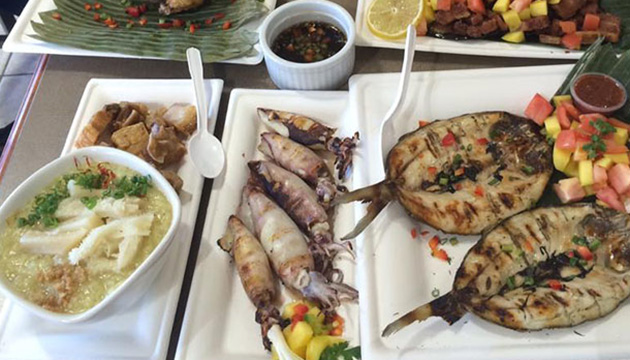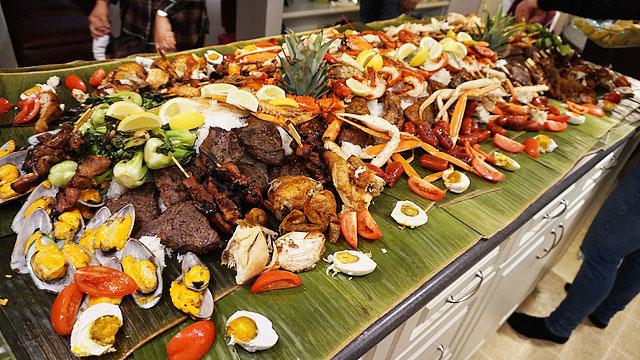On June 10, Prime Minister Justin Trudeau announced a proposed federal ban of “harmful” single-use plastics in an effort to reduce the 3 million tons of plastic waste tossed out by Canada every year.
Single-use items include — plastic bags, straws, cutlery, plates, stir sticks, takeout packaging, cups, and cigarette butts. The government argues they can be replaced without disrupting day-to-day life.
In a Nanos Research poll for The Globe and Mail, 81 per cent of Canadians supported or somewhat supported a total ban on single-use plastics. The highest support was in British Columbia, and the lowest in the Prairie provinces. Most of the 1,000 respondents also said they’d be willing to pay a premium for sustainable alternatives to plastic, though opinions varied about how much the additional cost should be.
Plastic bags do not only pollute our water but also our land. Plastic bags are usually lightweight and as such, they can travel very long distances by either water or wind. Wind blows these plastic bags and trashes a whole area. These litters gets caught up in between trees, fences and floats in water bodies thus moving to the world’s oceans.
The plastic bags are made from non-renewable sources and on this account, highly contribute to climate change. Most of plastic is made of polypropylene which is a material manufactured from petroleum and natural gas. All of the materials are non-renewable fossil fuel-based materials and through their extraction and even production, greenhouse gases are created which further contribute to global climate change.
A lot of energy is used in producing these bags. The total amount of energy required to drive a car for one kilometre or 0.5 miles is the equivalent energy required to produce nine plastic bags. It is not rational that these non-renewable resources are used to make plastic bags when the typical useful life of each and every plastic bag is around 12 minutes.
Some Canadian towns and cities in Nova Scotia have already started the ban on single-use plastic bags. A total ban on plastic bag in Canada can start as early as next year. What can be used to replace single-use plastic bags?
Light-weight reusable mesh bag for fruits and vegetables are now available in grocery stores such as Save On. They cost $3.45 for a pack of 3. They can be found in the fruits and vegetables sections of the store. They are also available in other stores like Ikea and Bed and Bath.













